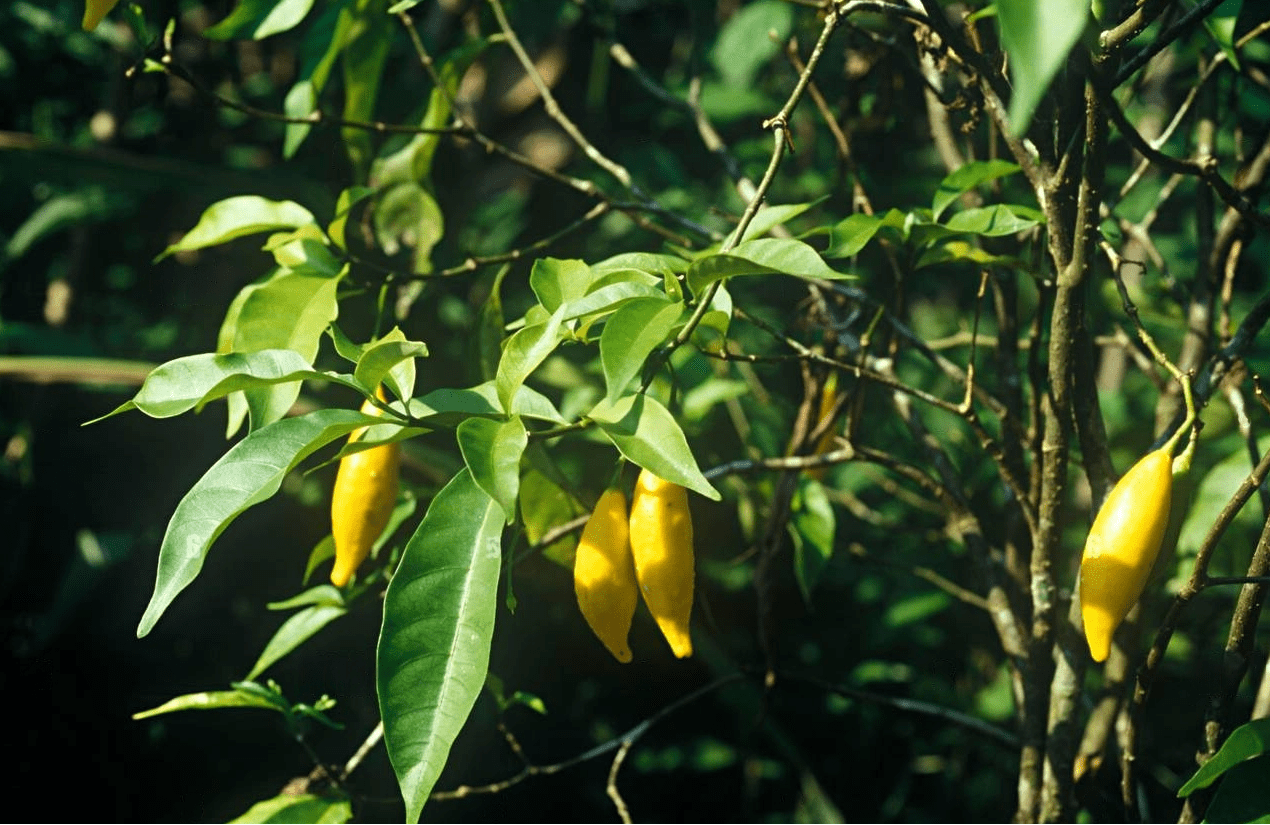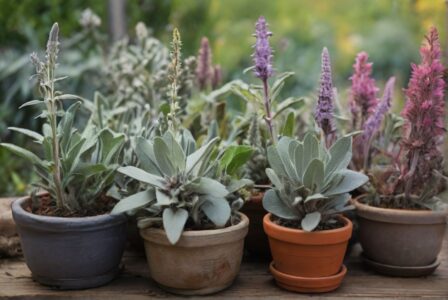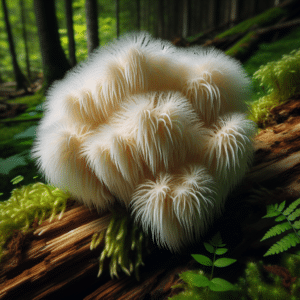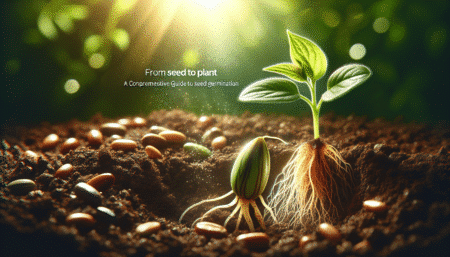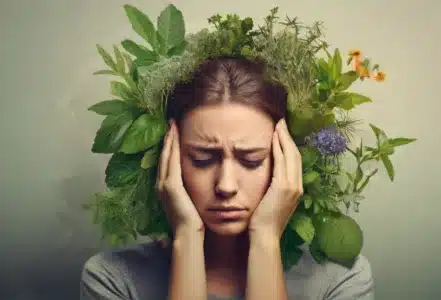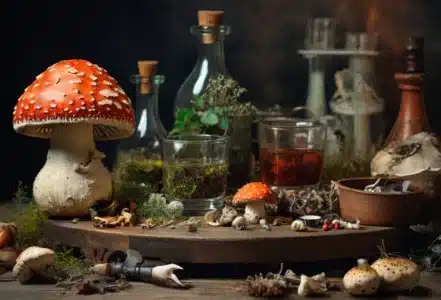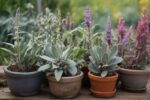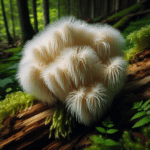- Tabernanthe Iboga - The plant
- Worth knowing
- History of the iboga plant
- Use
- Microdosing
- Dangers and risks
- Growing iboga
- Iboga and shamanism
- Legal status
- Conclusion
You can find our Iboga products here!
1. tabernanthe iboga - The plant
Iboga - a fascinating plant that has been used for centuries in various cultures for spiritual, medicinal and ritual purposes. In this blog article, you will learn everything you need to know about the history, use and cultivation of the iboga plant. We also discuss the topic of microdosing, the dangers and risks as well as the shamanistic background. The article is rounded off with information on the legal status and a conclusion. Immerse yourself in the world of iboga and get to know this extraordinary plant!
2. interesting facts
When it comes to iboga, there are many facts worth knowing. For example, the plant has a long history in traditional African medicine. It has been used there for centuries to treat physical and mental ailments. However, iboga has also found its place outside Africa. In some countries, for example, the substance is used as an alternative for drug withdrawal or consumed as part of spiritual practices such as shamanism. However, although iboga can have many positive effects, caution is advised: Serious health risks can arise if consumed improperly. It is therefore important to obtain detailed information about microdosing and other dosage forms beforehand and to only use high-quality and safe products. And, of course, you should always consider the legal status of iboga in the respective country to avoid problems with the law. All in all, the topic of iboga offers a lot of exciting knowledge - but also some challenges and risks that should not be underestimated.
3. history
When talking about iboga, the history of this plant should not be ignored. The root bark of the iboga bush has been used for ritual purposes in the Gabon region of Africa for centuries. It is considered a sacred sacrament and is used by shamans during initiations. Iboga only became known in the West at the end of the 19th century when European researchers became aware of its psychoactive effects. In the 1960s, it first came to the attention of the hippie movement and was traded as a "wonder drug". Today, iboga is particularly popular in alternative circles and is also used in addiction therapy.
4. use
Iboga is a plant that has been used for centuries by the Bwiti, a people in Gabon, for spiritual and medicinal purposes. The use of iboga has also gained popularity in other parts of the world in recent years. It is often seen as a tool for self-discovery and healing and can help in the treatment of addictions. There are different ways of using iboga such as the traditional ibogaine ceremony or microdosing with ibogaine capsules. With any method of use, however, it is important to be aware that iboga also carries risks and may require accurate dosing as well as support from a qualified caregiver. If you are interested in using iboga, be sure to do sufficient research and obtain thorough information before you begin.
5. microdosing
Microdosing is a technique that is becoming increasingly popular. It involves taking very small doses of a substance, in this case iboga. The idea behind microdosing is that you can feel the positive effects of the substance without being affected by the strong side effects. There are many supporters of this method and some report significant improvements in their lives. However, you should also be careful here and stick exactly to the recommended dosage, as otherwise undesirable effects may occur. It is also important to use a high-quality source of iboga and to be aware of the possible risks. In any case, you should inform yourself thoroughly beforehand and preferably consult a doctor or therapist before you start microdosing.
6. dangers and risks
It is important to be aware that the use of iboga is also associated with certain dangers and risks. The effect of the active ingredient ibogaine on the central nervous system can lead to serious health problems if used incorrectly. In particular, people with pre-existing conditions such as cardiovascular disease or psychosis should refrain from taking it or seek medical supervision. An overdose can also be dangerous and lead to hallucinations, seizures or even death. For this reason, iboga should only be taken under medical supervision or accompanied by experienced professionals. It is also important to only obtain plants from reputable sources and to find out about the cultivation and legal status of the active ingredient. This is the only way to minimize the potentially risky effects and exploit the full potential of iboga.
7. cultivate iboga
Before deciding to grow iboga yourself, you should find out about the necessary requirements. The plant originates from West Africa and requires a tropical climate with high humidity. It prefers a pH value between 4.5 and 6.0 and well-drained soil. It is important to note that iboga is a slow-growing plant and can take several years to reach harvest maturity. Growing iboga can also be very difficult as it is susceptible to pests and diseases. It is therefore advisable for inexperienced gardeners to buy plants that have already been grown or to seek professional help. However, if you have the necessary knowledge and can create the right climate, growing iboga can be a rewarding experience.
8. iboga and shamanism
Shamanism is a spiritual practice that has been practiced by indigenous peoples around the world for thousands of years. Shamanism can also play a role in connection with iboga. The experience of iboga can penetrate deep into the subconscious and expand perception. An experienced shaman can help to interpret and integrate these experiences. In some cultures, iboga is considered a sacred sacrament and is only used by experienced shamans. It is important to emphasize that shamanism is not for everyone and it is advisable to inform yourself thoroughly about the risks and dangers beforehand. However, if you are willing to engage in this spiritual practice, it can bring profound insights and healing.
9 Legal status
The legal status of iboga varies depending on the country and region. In some countries iboga is illegal, while in others it is classified as a legal drug. In the USA, for example, iboga was banned in 1967 due to its psychoactive effects. However, there are some exemptions for religious purposes, particularly for members of the Bwiti religion from Gabon. In Europe, the situation is different: it is important to note that the possession and use of iboga in restricted countries can have serious legal consequences. It is recommended to inform yourself about the laws of the respective country beforehand and to ensure that you comply with all regulations.
10. conclusion
In conclusion, iboga is a fascinating plant with a long history and many uses. Microdosing ibogaine can lead to positive effects in some people, but the potential dangers and risks must also be considered. Growing the iboga plant requires a great deal of expertise and care, while the shamanism surrounding this plant allows for deep spiritual experiences. The legal status of iboga is unclear or illegal in many countries, making access to the plant difficult. Overall, however, studying iboga offers interesting insights into alternative healing methods and the interplay between body and mind.
Note: The information in this article is for informational purposes only and is not intended to replace the advice of a physician or other healthcare professional. Always consult a doctor before using any new herbs or supplements. Furthermore, you should always check whether certain plants are permitted in your country before growing them.

